Patients treatments can be influenced by other medications and common conditions. Our programme Treating Complex Comorbid Cancer Patients is working to understand the mechanisms of the most common and detrimental side effects of radiotherapy, and how these are influenced by medications or conditions in a patients life.
Meet the research team
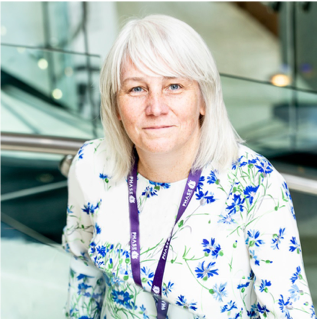
Kaye
Williams
Chair, Experimental Therapeutics
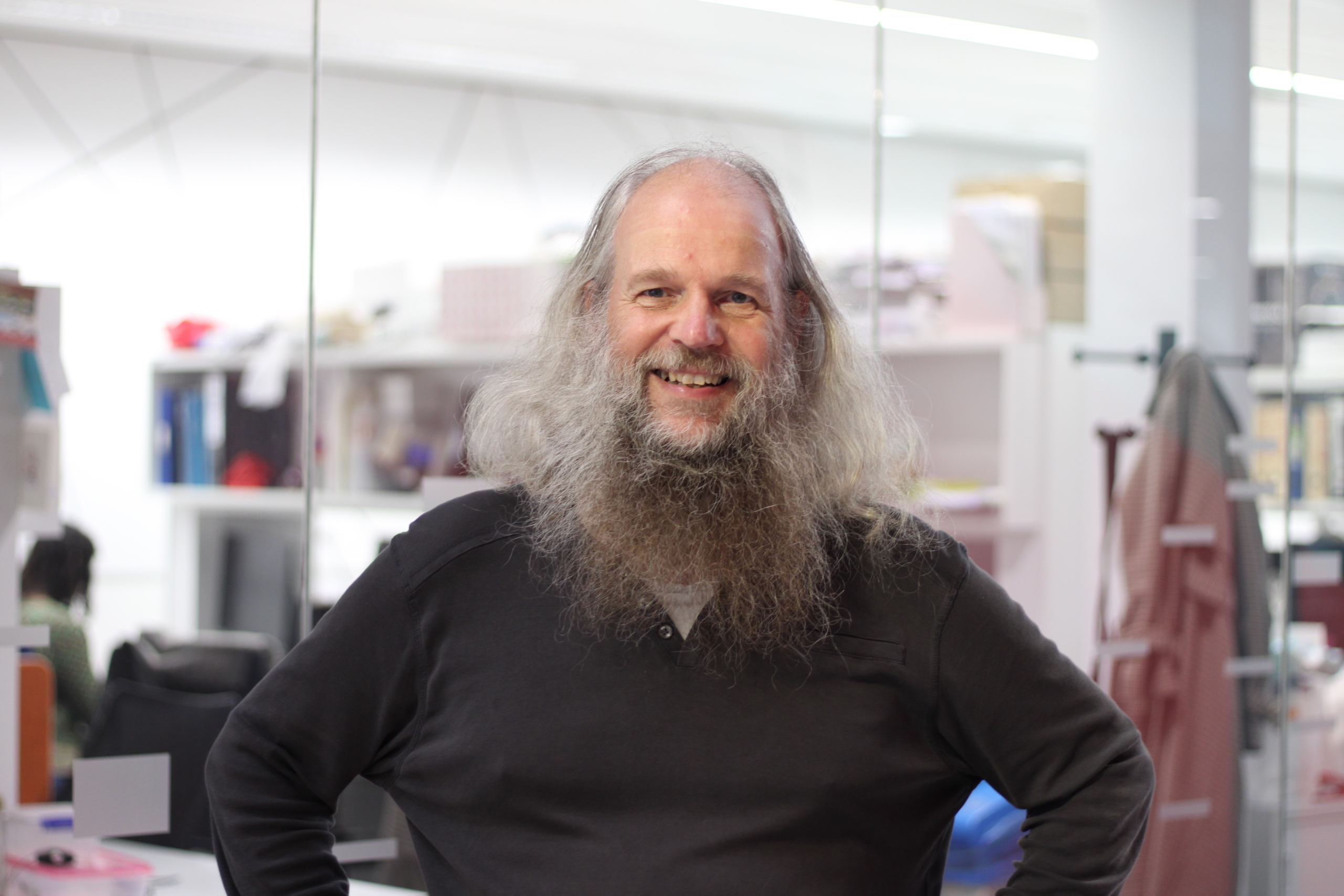
Marcel
Van
Herk
Theme Lead

Clare
Dempsey
RadNet Centre Manager and Research Project Manager
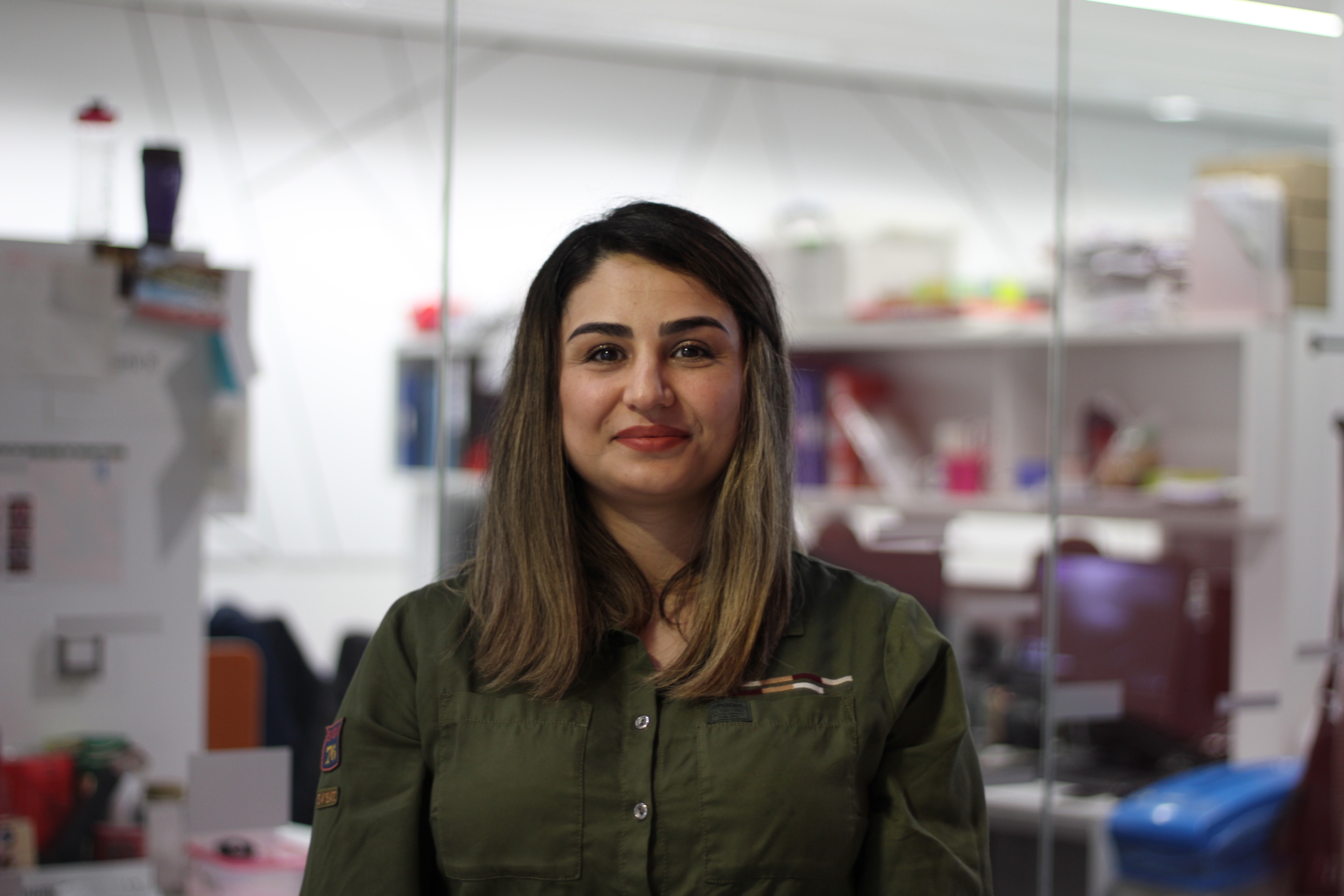
Golnoosh
Motamedi-Ghahfarokhi
Data Manager
Dami
Oluwasikemi
Onamusi
Biostatistician Post-Doctoral Research Associate
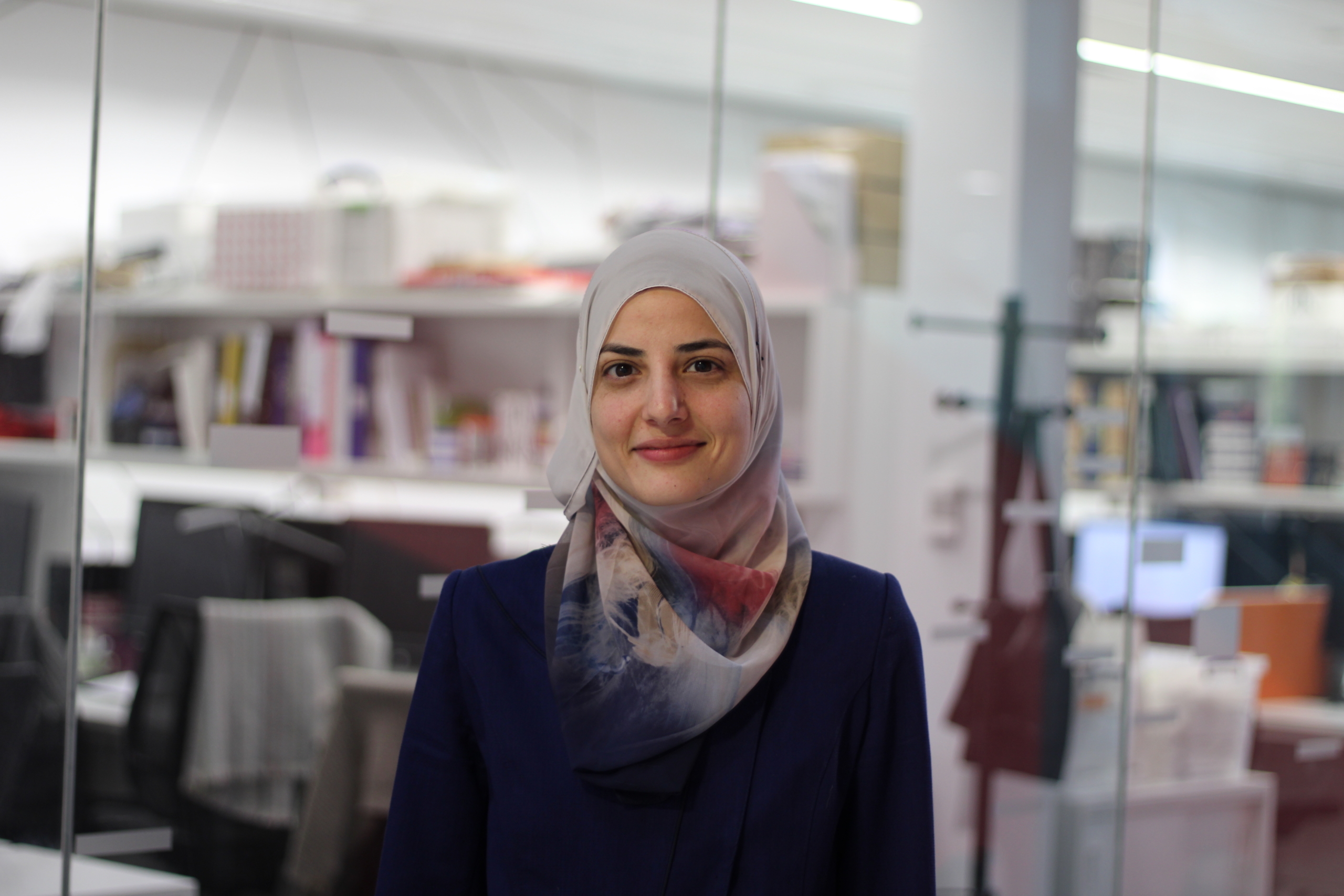
Hanan
Abomanhal
Masarweh
Post-Doctoral Research Associate
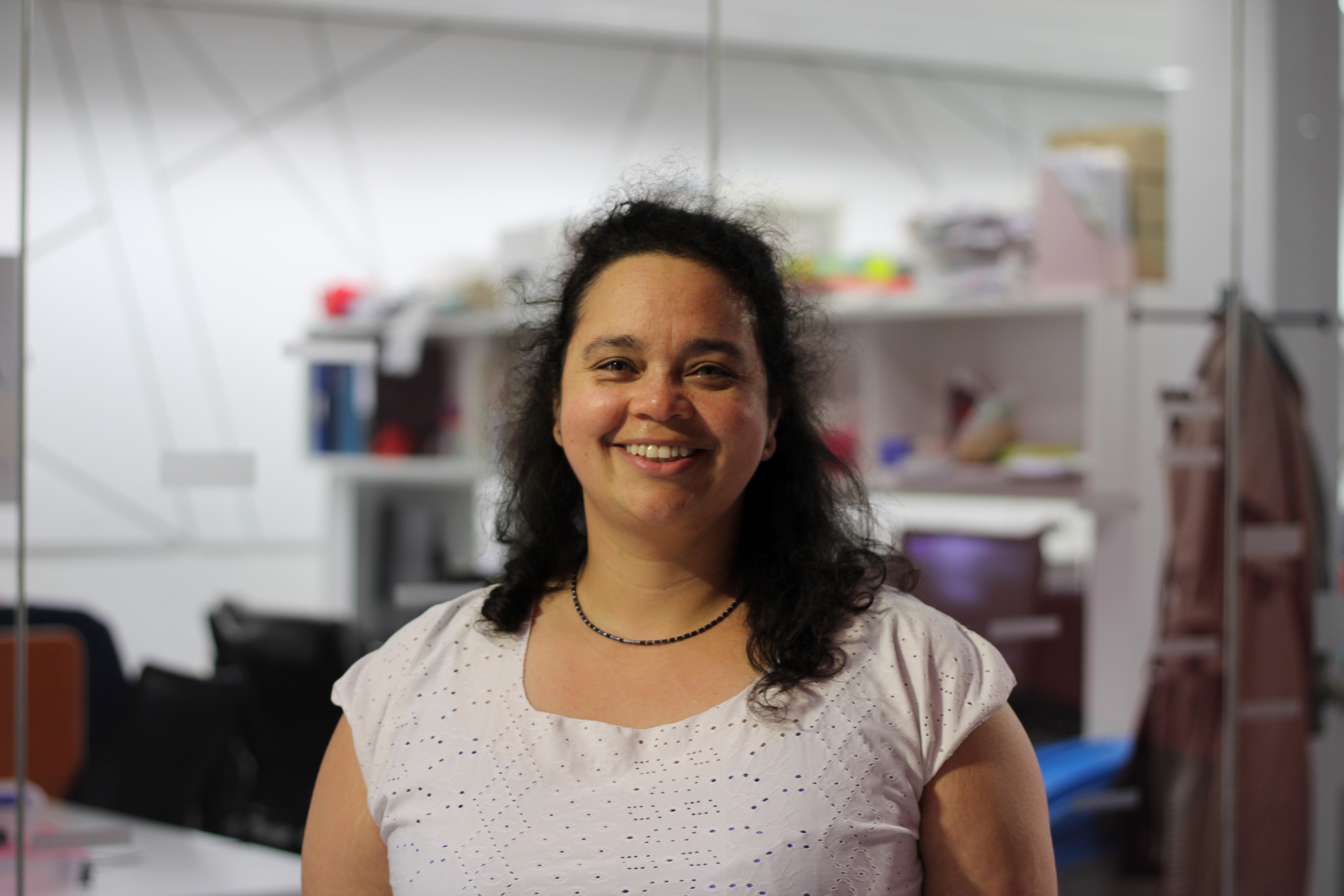
Eliana
Vasquez
Osorio
Medical Physicist
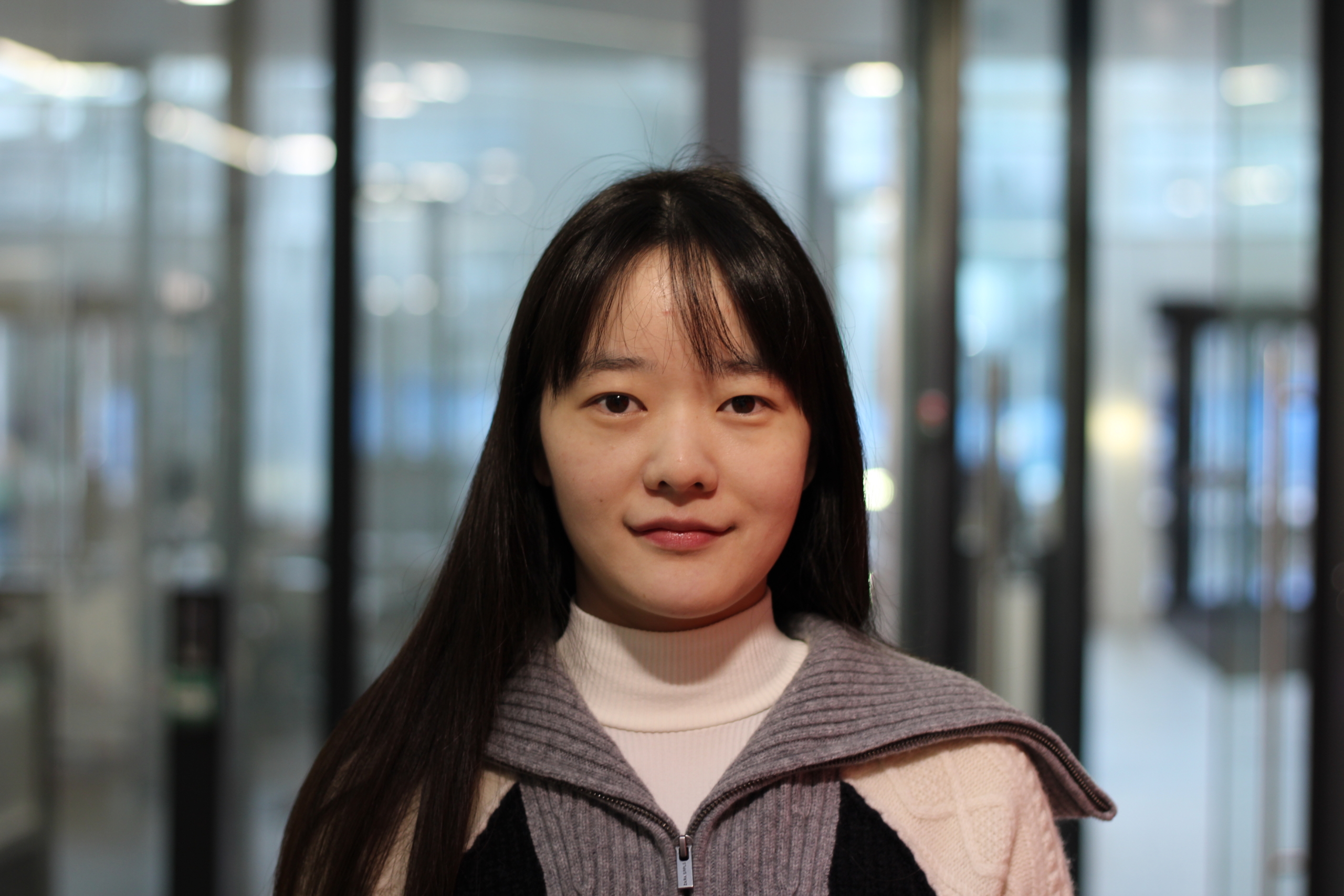
Dandan
PhD Student
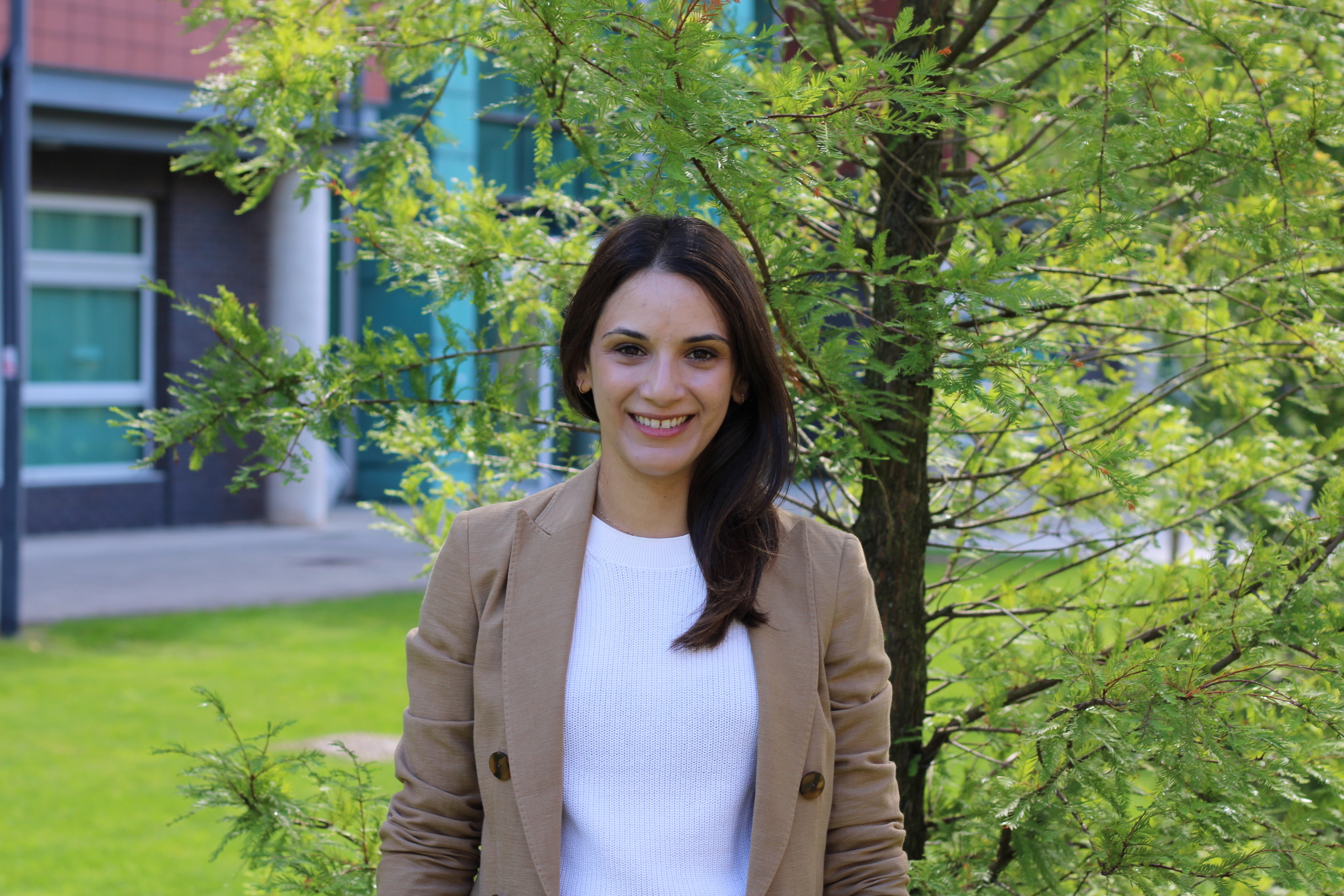
Marilena
Hadjidemetriou
Lecturer, The University of Manchester
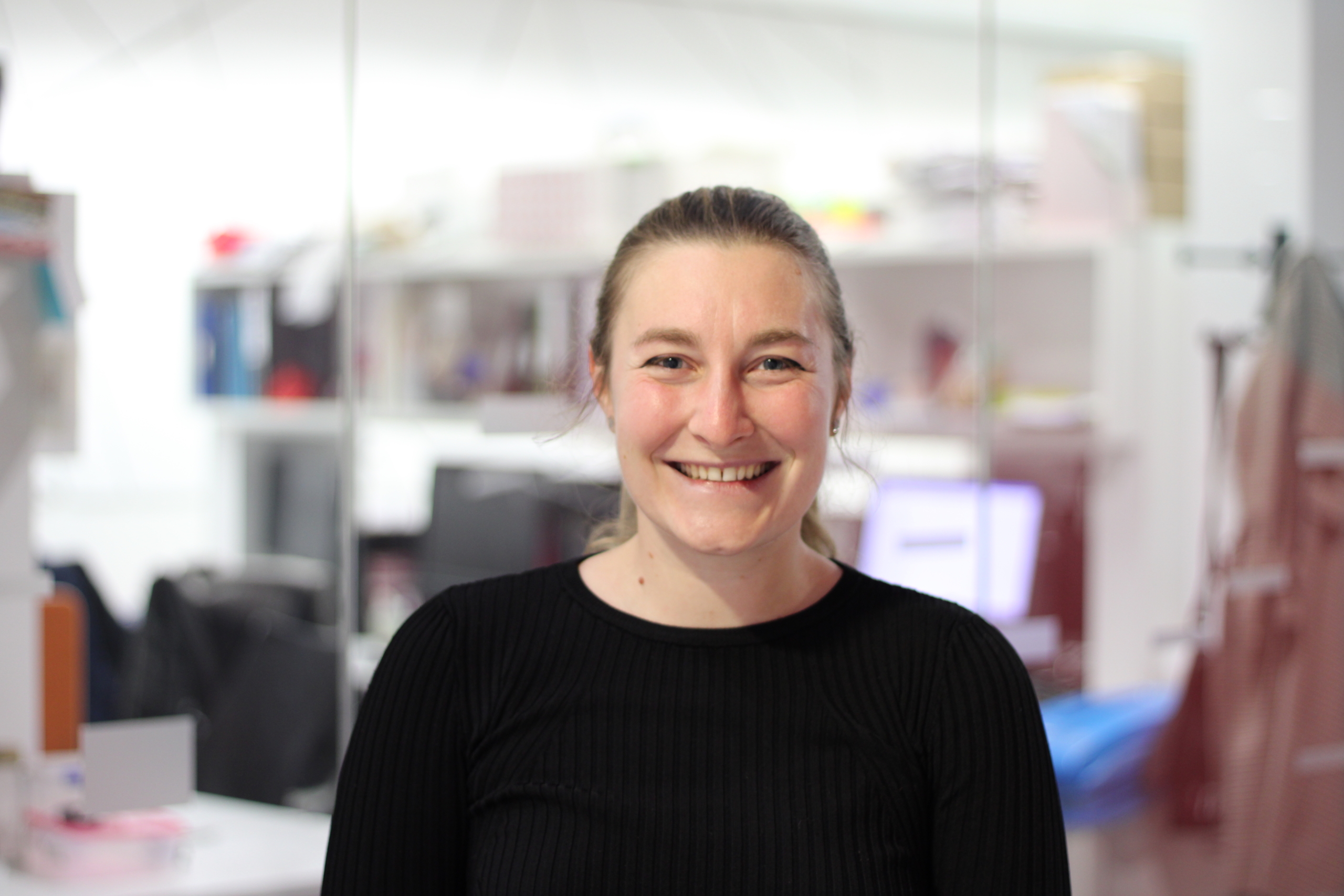
Cecilia
Facchi
Research Associate
Annet
Nakkazi
PhD Student
At a Glance: Treating complex comorbid cancer patients
Researchers are using data generated from animal models of comorbidity and polypharmacy to clarify the mechanisms and identify strategies for individualising radiotherapy in real-world patients. Various studies are underway to assess radiation-induced neurotoxicity e.g. applying novel MRI-methods to evaluate subtle changes in blood-brain-barrier function and assessing cognitive decline in the pre-clinical setting with/without pharmacological intervention.
In parallel, clinical comorbidity and polypharmacy real-world primary care data is being integrated with our radiotherapy big data to allow us to build comprehensive and robust risk models to personalise radiotherapy e.g. delivery of individualised treatment for lung cancer patients with pre-existing cardiac disease and cardiopulmonary conditions. This work underpins new pre-clinical studies (back-translation) in collaboration with colleagues in cardiovascular sciences to gain mechanistic insight of how comorbidity modifies risk and identify interventional strategies for future clinical development.
Research Questions: Treating complex comorbid cancer patients
By working with other researchers across Manchester, our researchers are seeking to answer key questions that will help improve our understanding of radiotherapy response in comorbid patients. Examples of the research questions being addressed through this theme include:
- Establish new associations between existing comorbidities, polypharmacy, radiation treatment parameters and outcome of patients treated with radiotherapy.
- Explain the mechanism(s) of comorbidity-treatment interaction using small animal models.
- Validate the use of nano-scavengers to develop novel blood-borne proteomic signatures as potential biomarkers of radiation toxicity
Our researchers are continuing to push the boundaries of research in this important area. Find out more about how some of our researchers are tackling these questions in the further links below.
Navigation
About CRUK RadNet Manchester
Cancer Research UK RadNet Manchester is a Radiation Research Unit in collaboration with The Christie
RadNet Facilities and Infrastructure
CRUK RadNet Manchester benefits from the existing infrastructure and facilities within Manchester across the various strategic partners of the CRUK Manchester Centre.
AHP Doctoral Academy
Providing training and development for Allied Health Professionals (AHPs) including radiographers.
Radiotherapy and Immune Cell Interactions
Discover research investigating the immunological consequences of radiotherapy, including immunotherapy and radiotherapy combinations.
Tumour Microenvironment and Genetic Instability
Discover research in RadNet Manchester aiming to improve understanding of intra-tumour heterogeneity, radioresistance and metastasis.
National Proton Beam Therapy Hub
Discover how we are leveraging cutting edge infrastructure in Manchester to develop new treatments involving proton beam therapy.
Clinical Informatics Hub
Discover how this hub supports the capture, storage and use of routine real-time, real-world clinical outcomes to inform future research.
Translational and Early Phase Radiotherapy Trials Hub
Discover how we provide the support and translational research expertise to integrate biomarker science into the development of phase one feasibility studies.








